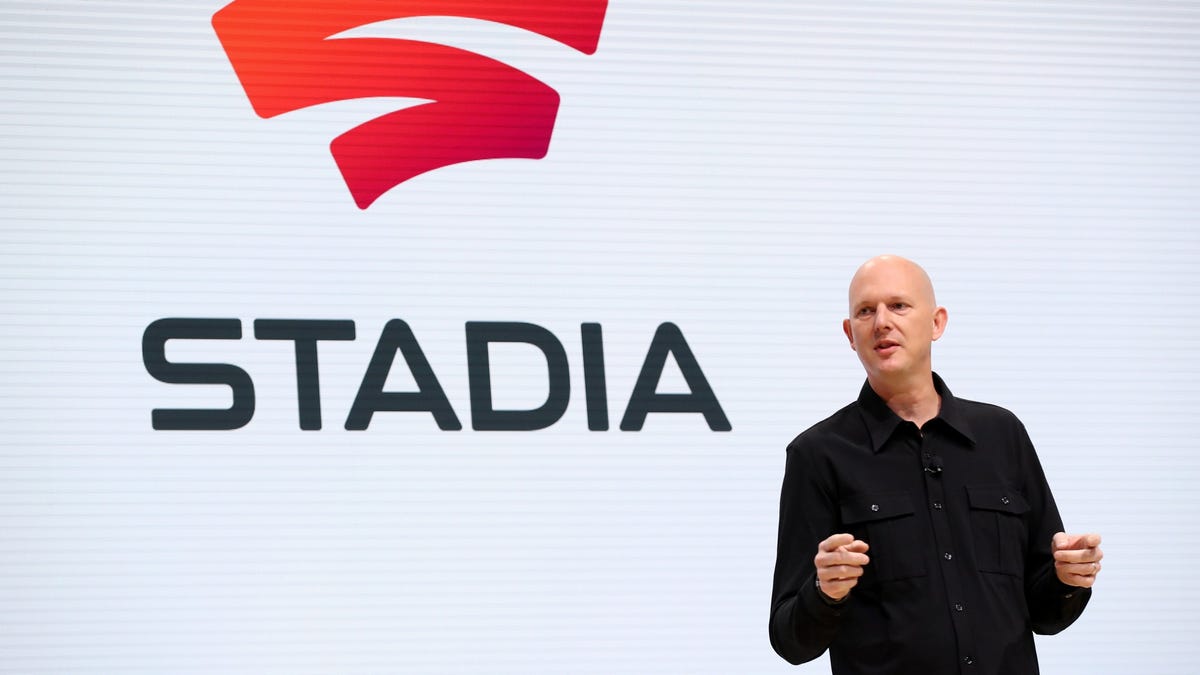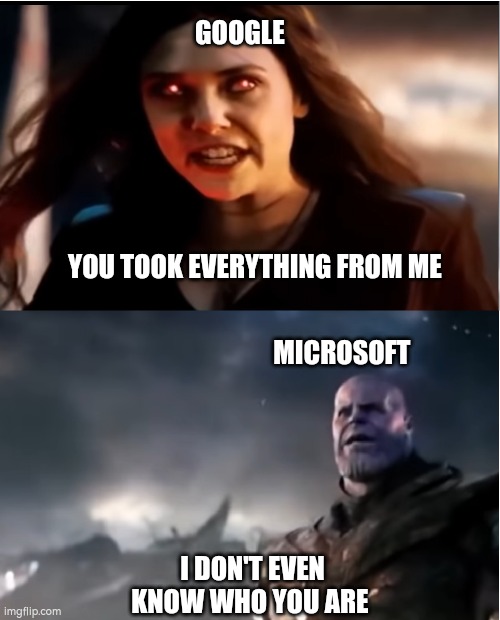No significant shift? MS more than tripled their sales moving from Xbox to 360, then nearly halved them moving into the One. With numbers like that, you cannot blame their second place on brand loyalty. Yes, it is absolutely a thing, but not to the point that it will lock out a determined new entrant. Hell, with the numbers going from N64 to Gamesube to Wii, you have 70-80 million people picking up a Wii who have never owned a Nintendo console before in their lives. That may be influenced by brand recognition, but it’s not a result of brand loyalty.
But yes, Stadia dropped the ball everywhere they possibly could. Multiple balls. Repeatedly.
It is worth noting, however, that Stadia’s lack of users affected them more than their lack of games. Ignoring everything I just said about acquisitions, MS isn’t actually buying studios for their games. Sony is doing that - they buy studios, for the most part, that are already closely aligned with the PS ecosystem (with Bungie being an obvious anomaly in that regard), because they want studios who can make successful games and bring in consistent profit. That’s where Sony’ makes a huge chunk of their cash after all. This is not so for MS - they are buying troubled studios with huge numbers of loyal customers. Mojang, while not “troubled,” allowed MS to tie tens of millions of gamers to MS services. Bethesda games have very loyal followings, many of whom have accounts that can be folded into Xbox Live - 20 million for ESO alone, all of whom will soon need a Live account regardless of which platform they play on ABK, of course, is huge in this regard, with Battle.net and COD both tying tens of millions of players to MS services. Stadia had nothing through could tie those kinds of numbers to their service, and did not have the brand recognition to justify the purchases that MS can afford, knowing that they are likely to recoup that cost one way or another run the long run.
So, yes, today, whether you want to bring in IPs or users, purchasing a studio is becoming more and more of a necessity. Internal development is essential, sure, but it is no longer enough, and every studio/publisher that gets bought out makes that entry more and more difficult to achieve.








